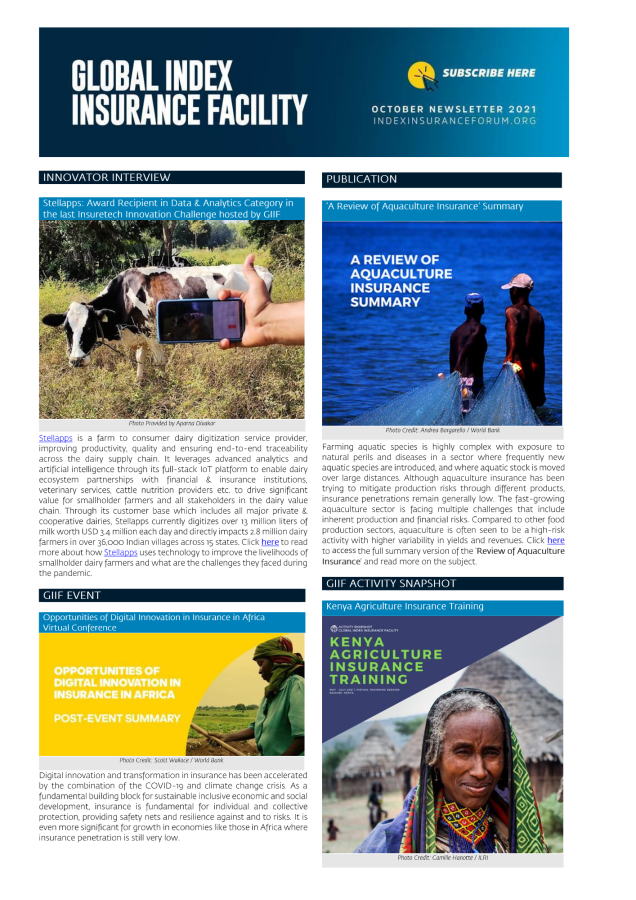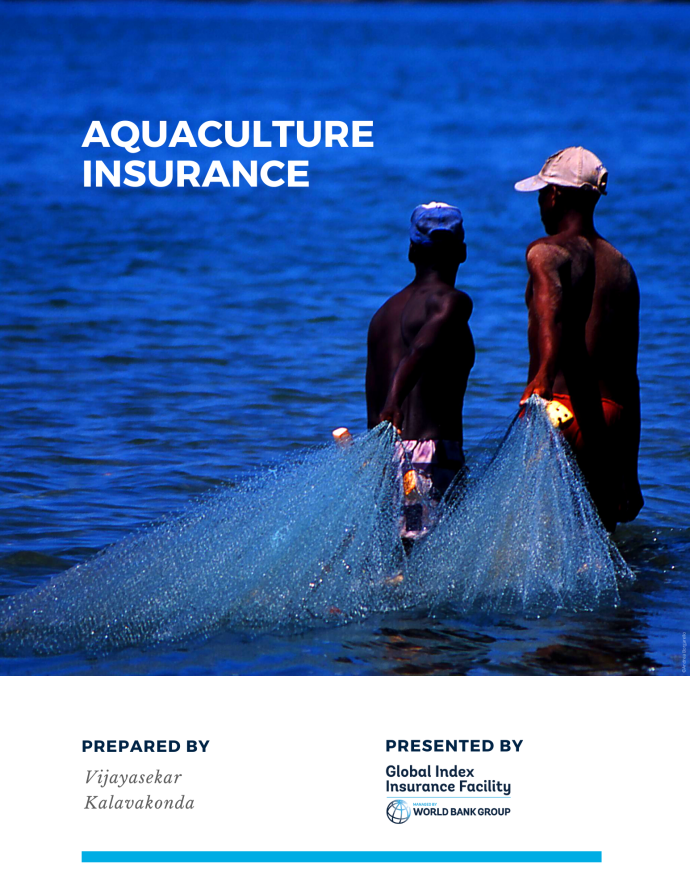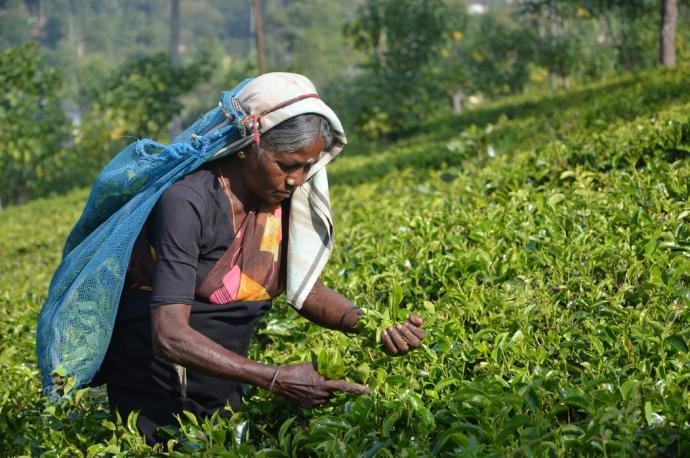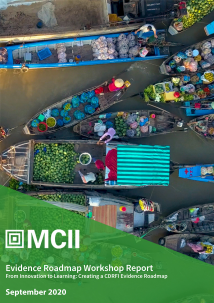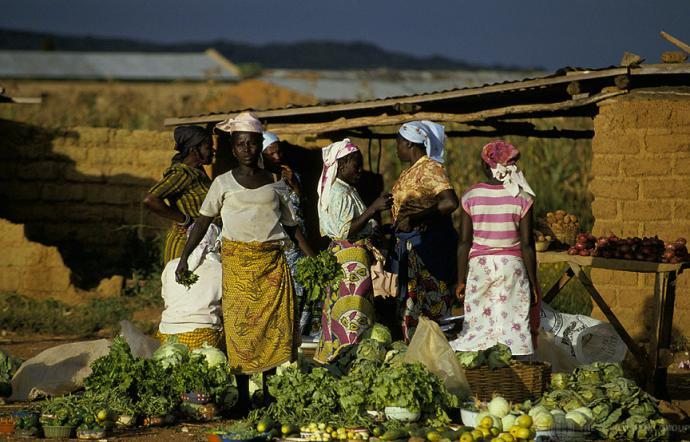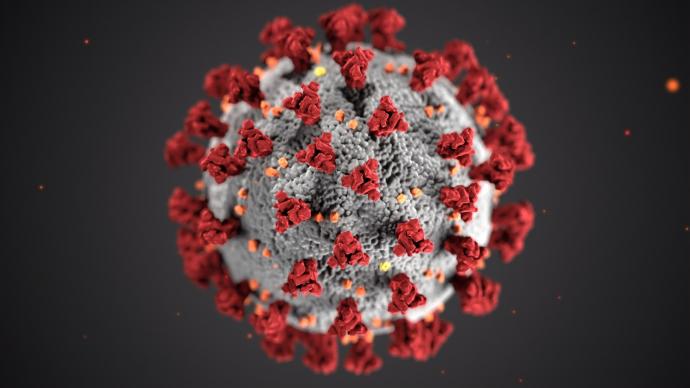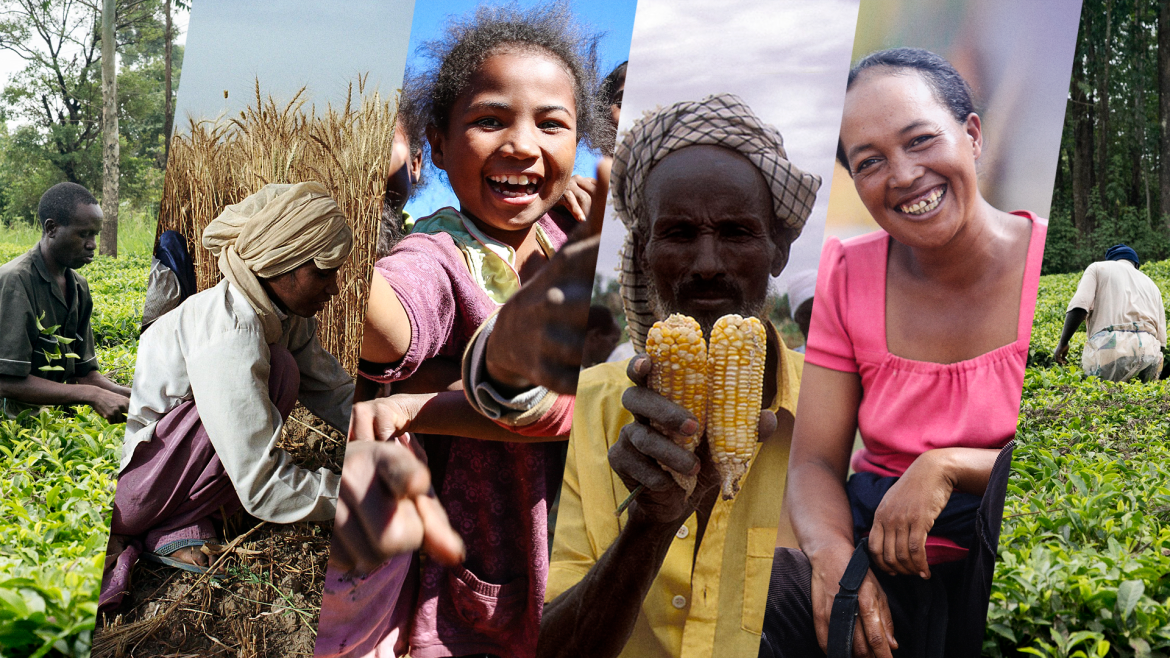
Published on:
Despite the effects of COVID-19, the Program successfully delivered significant results and it continues building a robust pipeline to strengthen this business line to further develop the markets. Since the launch of GIIF, more than 10.5 million agriculture insurance policies have been issued, with an estimated outreach of 53 million beneficiaries globally. We recognize and appreciate all the hard work that our clients do, and we are grateful for the continuous support of our Donors. Please see below summary highlights under each category. Program launch: The establishment of a new Program

